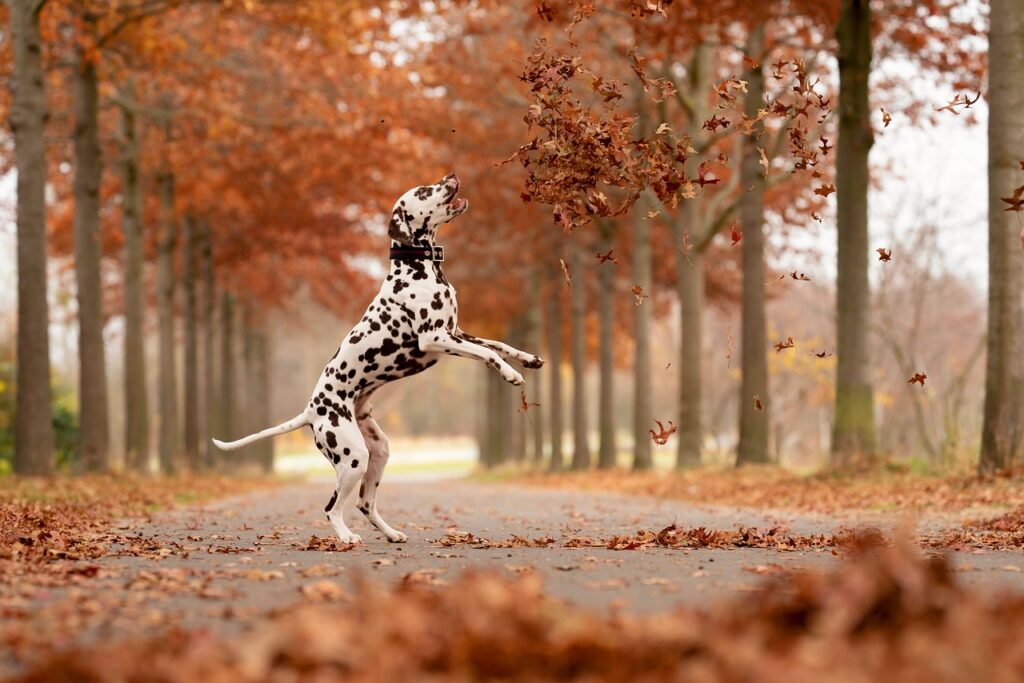Can Dogs Eat Cereal? – No, They can’t
When it comes to feeding your furry friend cereal, the straightforward answer is No. Generally, cereals aren’t toxic to dogs, but they’re not the best choice for a nutritious meal either. Most cereals are packed with sugar and carbohydrates, which can lead to obesity and other health issues for your dog if consumed in high quantities. Cereals also often contain additives and preservatives that are unhealthy for dogs. Therefore, it’s best to keep cereal away from your pooch’s diet and stick to dog-specific food that provides balanced nutrition.
Can Puppies Eat Cereal?
As for puppies, their diet should be even stricter than that of adult dogs. The answer here is also a clear No. Puppies have delicate digestive systems and require specific nutrients to grow healthy and strong. The high sugar content and empty calories found in most cereals can be detrimental to a puppy’s health. It’s essential to feed puppies food that is specifically formulated for their developmental stage.
Things to consider when feeding cereal to puppies?
Feeding cereal to puppies can lead to an imbalance in their critical growth-related nutrition. It’s essential for their development to have a diet that’s rich in proteins, vitamins, and minerals, which is not something that cereals can provide. Additionally, the risk of developing food allergies or intolerances later in life may increase with exposure to inappropriate foods like cereal at a young age. It’s always best to consult with your vet about the proper diet for your puppy.
Nutritional Benefits of Cereal for Dogs – Why Dogs can’t have Cereal
Most cereals lack the necessary nutrients that are essential for a dog’s health. Here’s a breakdown of the reasons why cereal doesn’t benefit dogs:
Lacks Protein
Cereal generally has a very low protein content. Dogs need protein for muscle development and overall health—it’s a critical component of their diet that cereal cannot adequately provide.
High in Sugar
Many cereals are high in sugar, which can lead to obesity, diabetes, and dental problems in dogs if consumed regularly.
Poor Vitamin & Mineral Balance
The vitamins and minerals present in cereals do not align with a dog’s nutritional requirements, and the imbalanced levels can disrupt their diet.
Contains Artificial Additives
Artificial flavors and colors found in cereal are unnecessary and can potentially be harmful to dogs.
Potentially Harmful Ingredients
Cereals might contain ingredients like xylitol, chocolate, or raisins, which are toxic to dogs.
Potential Allergies: Can Dogs Be Allergic to Cereal?
Dogs can exhibit allergies to any type of food, including ingredients commonly found in cereals. If a dog is allergic to grain, for instance, feeding them cereal could trigger an allergic reaction.
Symptoms of Cereal Allergies in Dogs
- Skin Irritations: Look out for itching, redness, or rashes on the skin.
- Digestive Upset: This may include symptoms like gas, bloating, or diarrhea.
- Respiratory Issues: Be attentive to signs of sneezing, coughing, or wheezing.
What to Do If Your Dog Shows Symptoms?
- Eliminate Cereal: Stop feeding your dog the cereal and observe if symptoms improve.
- Consult a Vet: Always seek advice from a veterinarian to identify the root cause and determine an appropriate treatment plan.
- Special Diet: Your vet might recommend a special diet that eliminates the allergen to prevent future reactions.
Recommended Amount: How Much Cereal Can a Dog Consume?
In truth, cereal should not be included in your dog’s diet at all. If your dog does ingest cereal accidentally, a small amount may not cause immediate harm, but it’s best to avoid this food altogether. There is no recommended quantity of cereal that is deemed healthy for dogs.
Things to Consider When Feeding Cereal to Dogs
The risks associated with feeding cereal to dogs outweigh any convenience or perceived benefits. The high sugar content, lack of proper nutrients, and potential allergens make it an unsuitable food choice for your companion. It’s always best to provide your dog with food and treats that are designed for their dietary needs.
How to Feed Cereal to Dogs: A Quick Guide
Given the discussed points, we suggest not feeding cereal to dogs at all. Still, if there’s an interest in giving a dog the experience of a crunchy treat, there are dog-friendly alternatives that can be explored:
Dog-Safe Crunchy Snack 1
Consider homemade dog treats that use ingredients like peanut butter, oats, and banana. Mix these into a dough, cut into shapes, and bake them to create a crunchy snack.
Dog-Safe Crunchy Snack 2
Many pet stores offer cereal-like products designed for dogs. Made with ingredients that are safe and nutritious, they can be a healthy alternative to human cereal.
Dog-Safe Crunchy Snack 3
An occasional small piece of plain rice cake can resemble the texture of cereal without the sugary additives—just be sure to check with your vet first.
Conclusion
Ultimately, while cereal may not be directly toxic to dogs, it’s not a smart addition to their diet. It lacks nutritional value, potentially contributes to health issues, and doesn’t meet a dog’s dietary needs. Instead, focus on providing a balanced diet with high-quality dog food and treats made specifically for canines to ensure your pet’s health and happiness.



